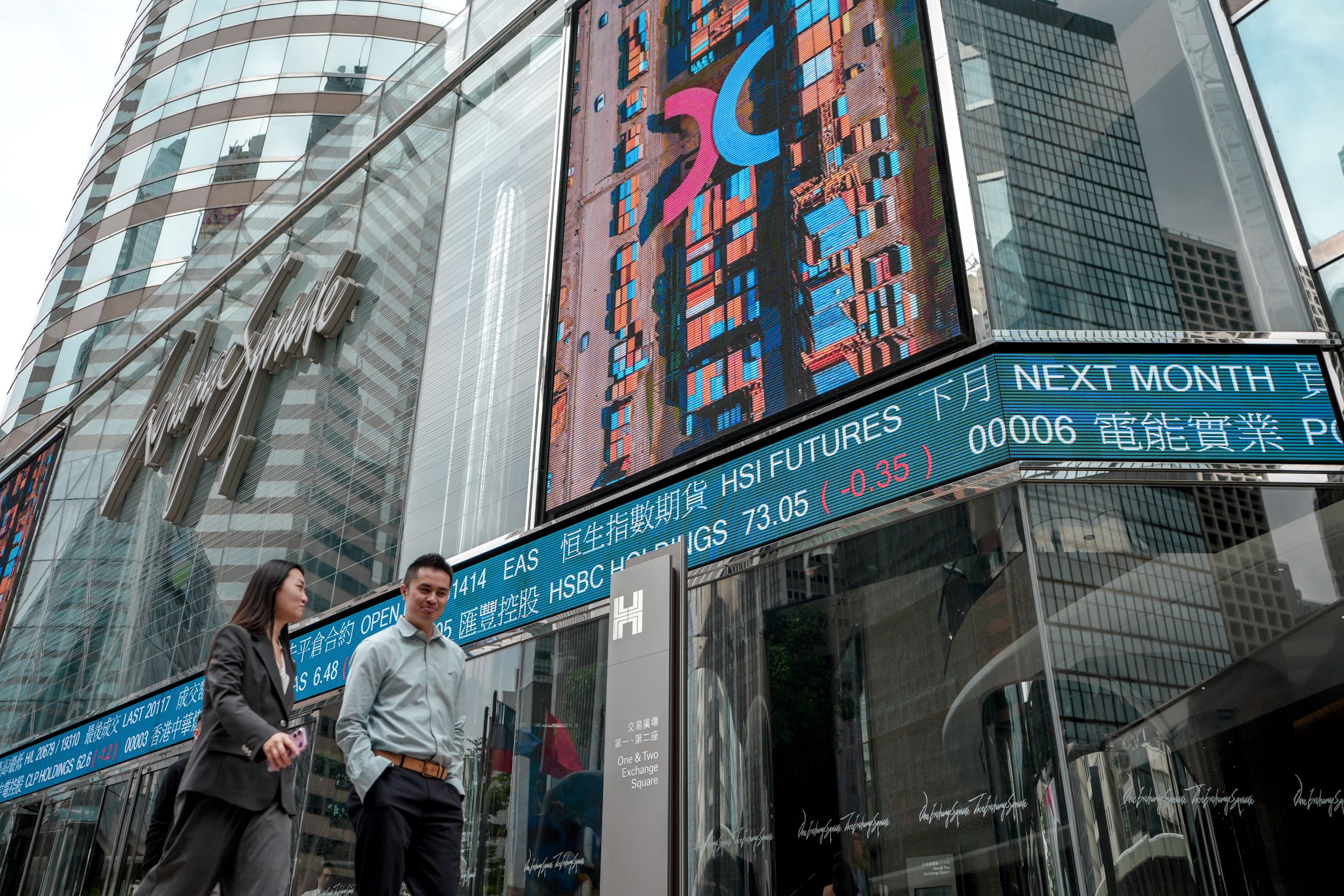
Hong Kong’s benchmark Hang Seng Index jumped above the 23,000-point mark on Wednesday, following the China Securities Regulatory Commission’s consolidation on the special administrative region’s role as an international financial center.
Wu Qing, chairman of China’s top securities regulator, said at a press conference on Wednesday that the commission is steadily carrying forward the inclusion of the renminbi counter into the Hong Kong and Chinese mainland Stock Connect program.
ALSO READ: Mainland capital inflows to HK to boost markets, HKMA chief says
The HKD-RMB Dual Counter Model, which was launched on June 19, 2024, at the Hong Kong Exchanges and Clearing, allows investors in Hong Kong to trade stocks concurrently in both the Hong Kong dollar and the yuan.
If southbound funds through the Connect program can also directly purchase Hong Kong’s RMB-denominated securities, eligible mainland investors can reduce the exchange risks accordingly, strengthening the Hong Kong stock market’s appeal to more investors.
As to the IPO market, Wu said the CSRC will also “create the conditions” to support foreign-listed Chinese firms to return to the mainland and Hong Kong stock markets.
READ MORE: Bloomberg data: Mainland investors’ support for HKSAR stocks growing
Meanwhile, eligible domestic companies are also encouraged to list overseas in compliance with laws and regulations to enhance global market expansion capabilities, he noted.
He highlighted that the CSRC “strongly supports” establishing the Shanghai International Financial Center, and consolidating and enhancing Hong Kong’s position as an international financial center.
Boosted by the positive signals, the Hang Seng Index opened up above the 23,000-point mark on Wednesday, though it slipped later in the day. Mainland securities and property companies led the surge.


